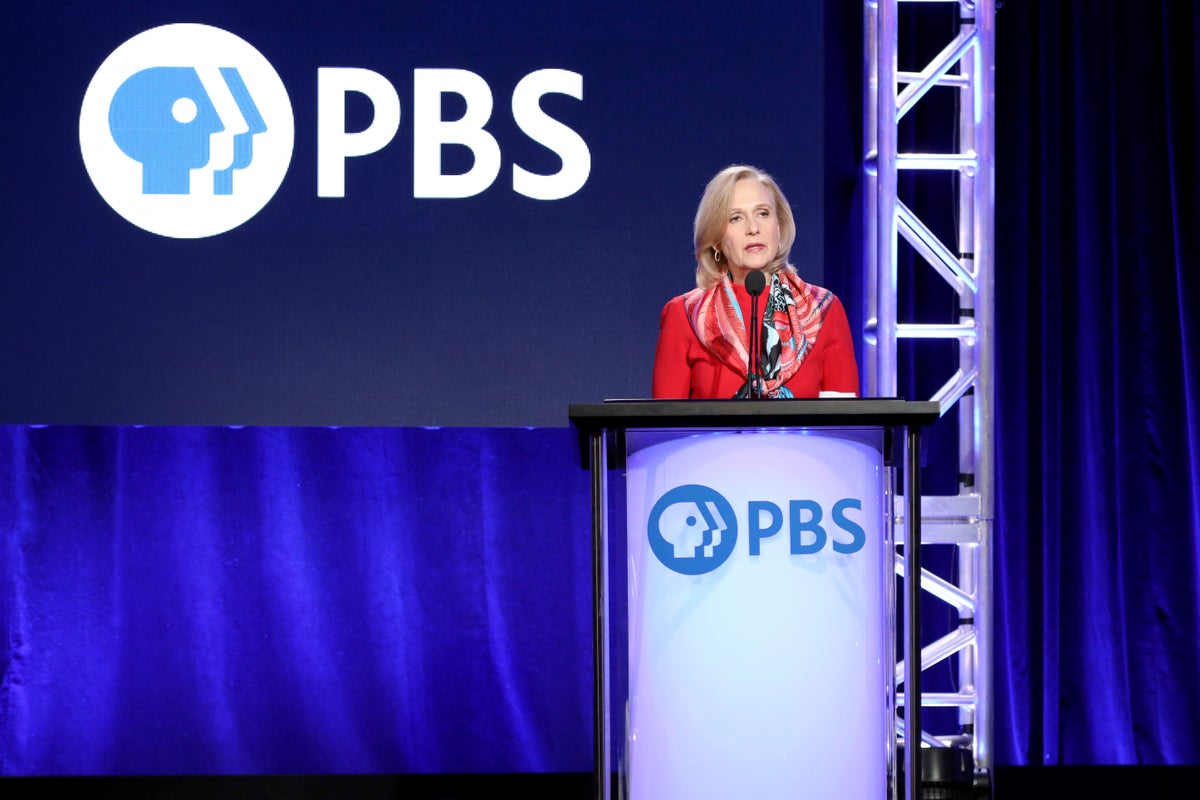Weeks after
Donald Trump
stated that he would be reducing federal support for public media, PBS subsequently responded
in NPR’s footsteps
and took legal action against the president to prevent his executive order, arguing that it was unconstitutional and amounted to “clear-cut viewpoint discrimination.”
The complaint submitted to the U.S. District Court of Washington on Friday alleges that the administration has infringed upon the network’s First Amendment rights, according to the filing made alongside member station Northern Minnesota Public Television. Additionally, the lawsuit argues that the executive order contravenes statutes prohibiting the President from determining PBS’s programming content, particularly through attempts at defunding PBS.
“After thorough consideration, PBS determined that taking legal action was essential to uphold the editorial independence of public television and to defend the autonomy of PBS member stations,” stated a representative from PBS in an official release.
Tolong support kita ya,
Cukup klik ini aja: https://indonesiacrowd.com/support-bonus/
The White House has not yet responded to requests for commentary.
The executive order does not try to conceal that it is blocking financial support to PBS due to the nature of their programming content and with the intention of changing the substance of the speech,” the lawsuit claimed. “This represents clear bias based on perspective.
The complaint further stated: “Additionally, this executive order seems like an act of retaliation due to various factors, including alleged political biases in media reporting. This infringes upon the First Amendment’s safeguards for free speech and press freedoms.”
The lawsuit initiated by the public broadcaster was filed just days following NPR’s submission of a comparable complaint against the president. NPR, receiving approximately 2% of its yearly funds from federal sources, contended that Trump exceeded his authority by attempting to withhold money that Congress had already approved for allocation.
“The president lacks constitutional authority to undertake such measures,” claims the NPR lawsuit.
which was submitted on Tuesday
On the contrary, the authority over finances remains with Congress.
It isn’t always clear when the government acts with a retaliatory motive in breach of the First Amendment. As the NPR complaint noted, ‘This wolf comes as a wolf.’ The Order specifically targets NPR and PBS because, from the President’s perspective, their news and other content lack fairness, accuracy, or impartiality.
In his executive directive earlier this month,
Trump alleged that public broadcasters provided ” biased” reporting and suggested that government money ought to be redirected towards ” fair, accurate, unbiased, and nonpartisan news coverage.”
The directive followed his repeated threats to revoke the funds designated for NPR and PBS. Additionally, Trump tried to remove members from the Corporation for Public Broadcasting’s board of directors, leading to
another lawsuit
to block those terminations.
“The Corporation for Public Broadcasting is using taxpayer money to produce content that supports a specific political party,” stated White House principal deputy press secretary Harrison Fields.
told
The Washington Post
earlier this week.
As such, the President is utilizing his legitimate power to restrict financing for NPR and PBS. Elected with a commitment to promote the responsible expenditure of taxpayers’ money, he will persist in employing his legal authority towards this end.
PBS depends more significantly on government support compared to NPR, as roughly 16 percent of its $373 million yearly budget originates directly from grants supplied by the corporation. The network’s legal action further argues that Trump’s directive might adversely affect a substantial part of its financing, which derives from contributions made by local stations.
Self-directed readers are globally aware individuals who transcend conventional categories or descriptions, instead characterized by their perspectives. In our ever more divided society, groups cherish genuine data and honest viewpoints presented directly from an impartial news source they find reliable. With knowledge and motivation, these independent thinkers feel enabled and prepared to advocate for what they hold dear.







